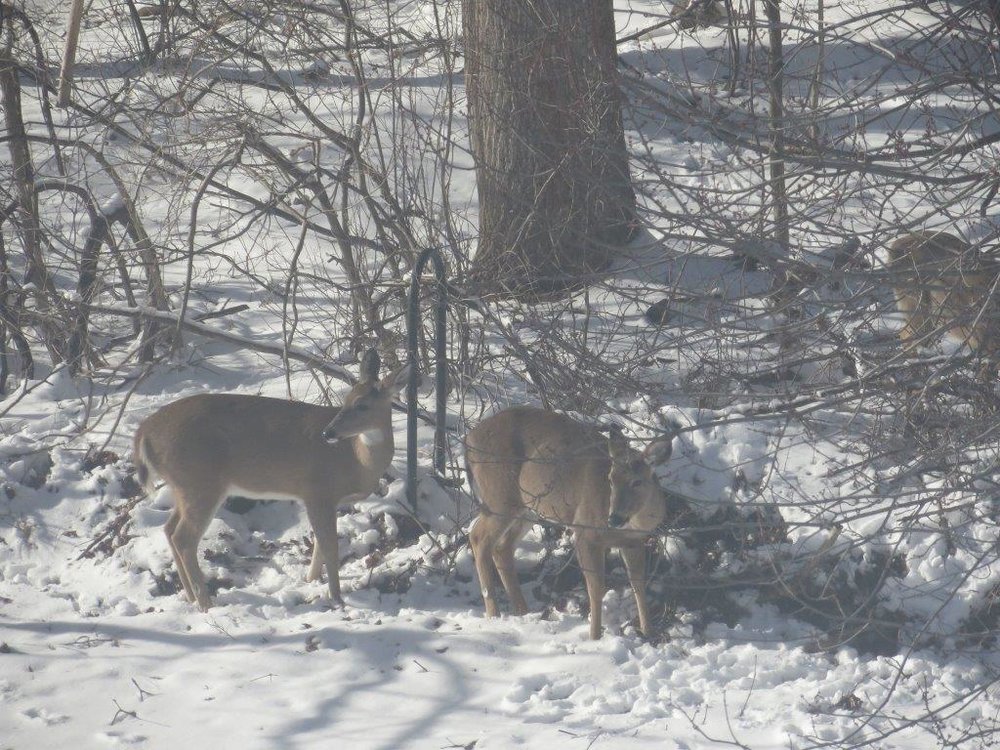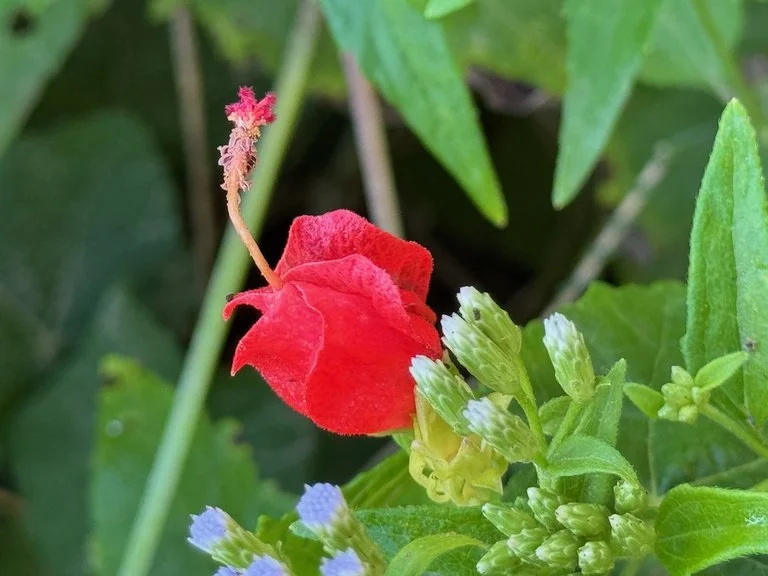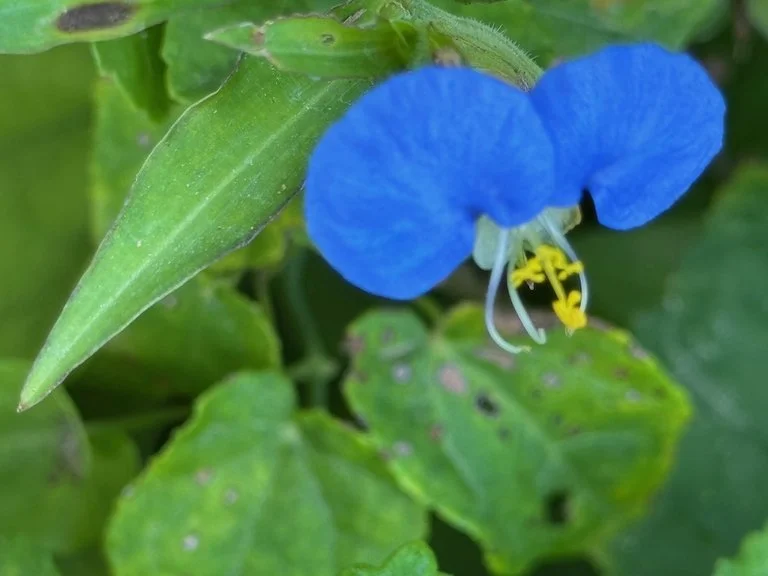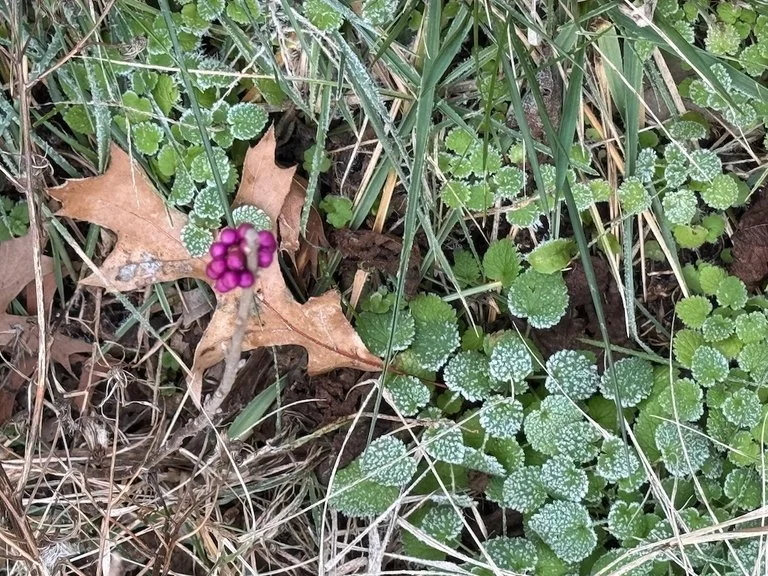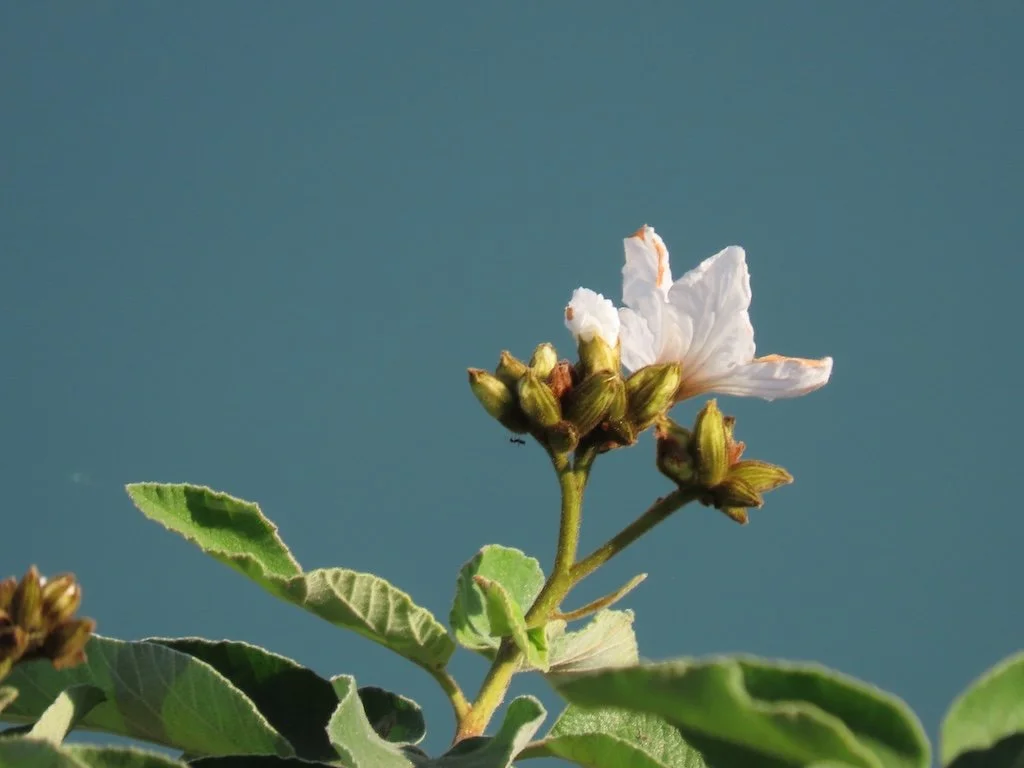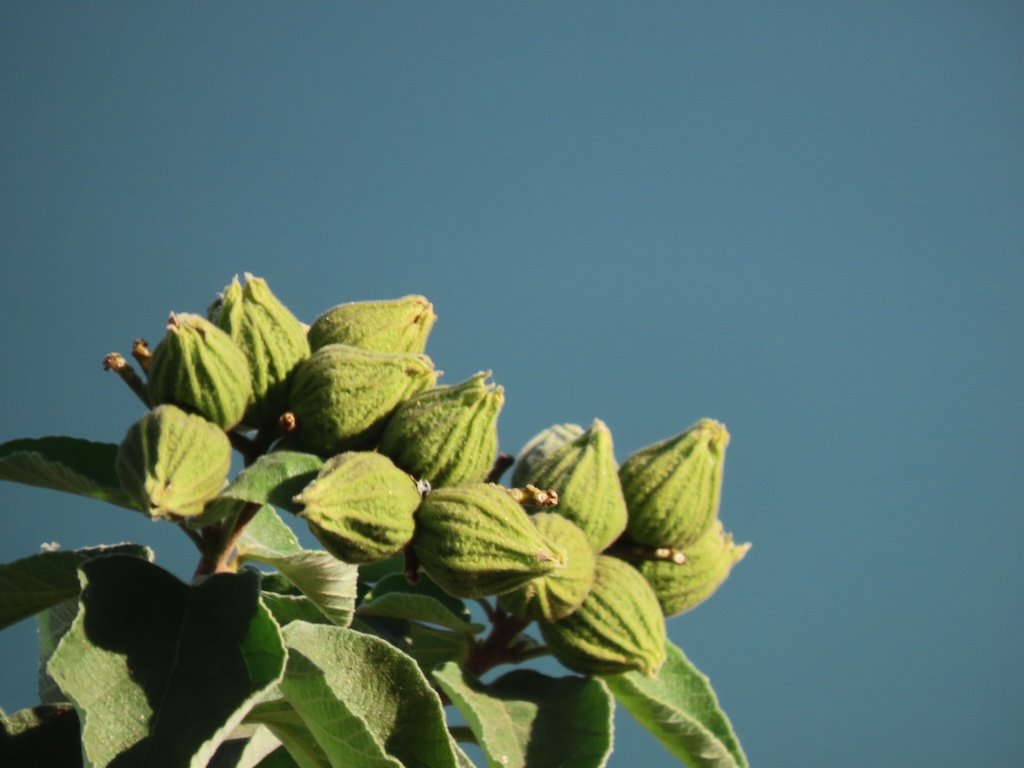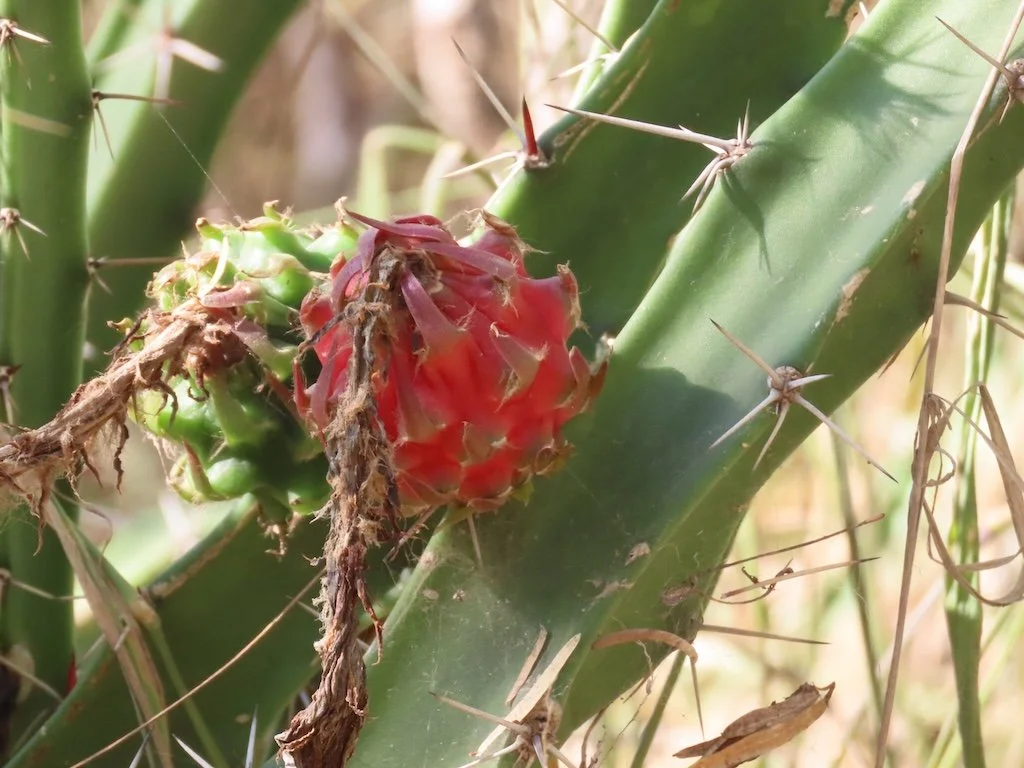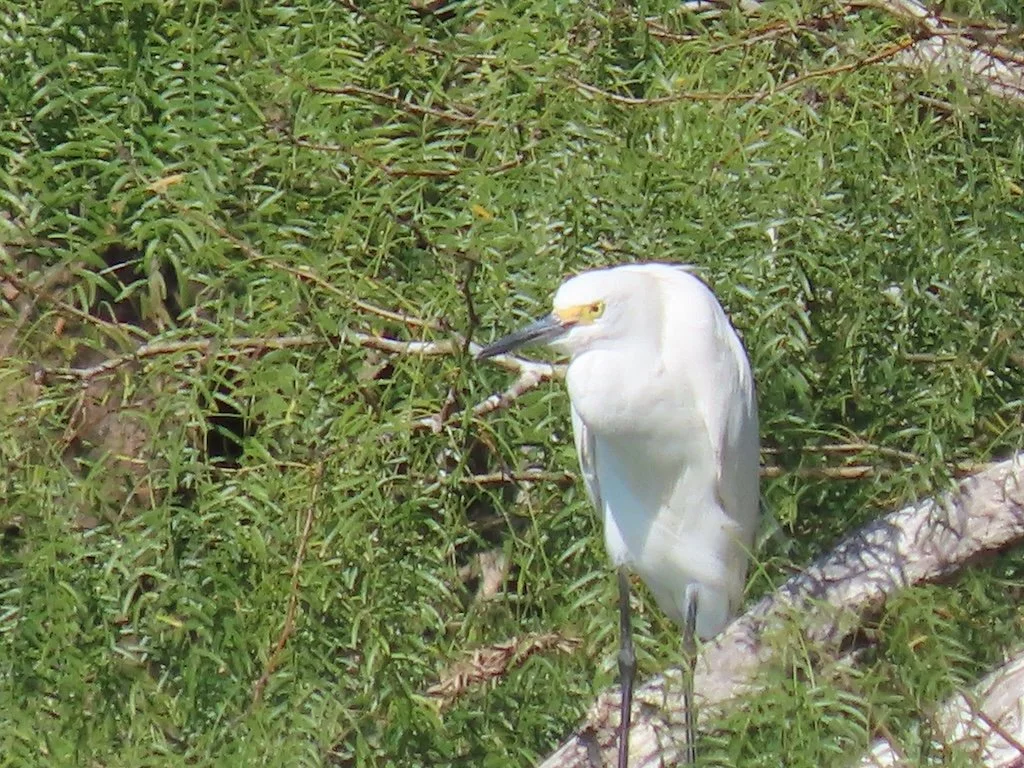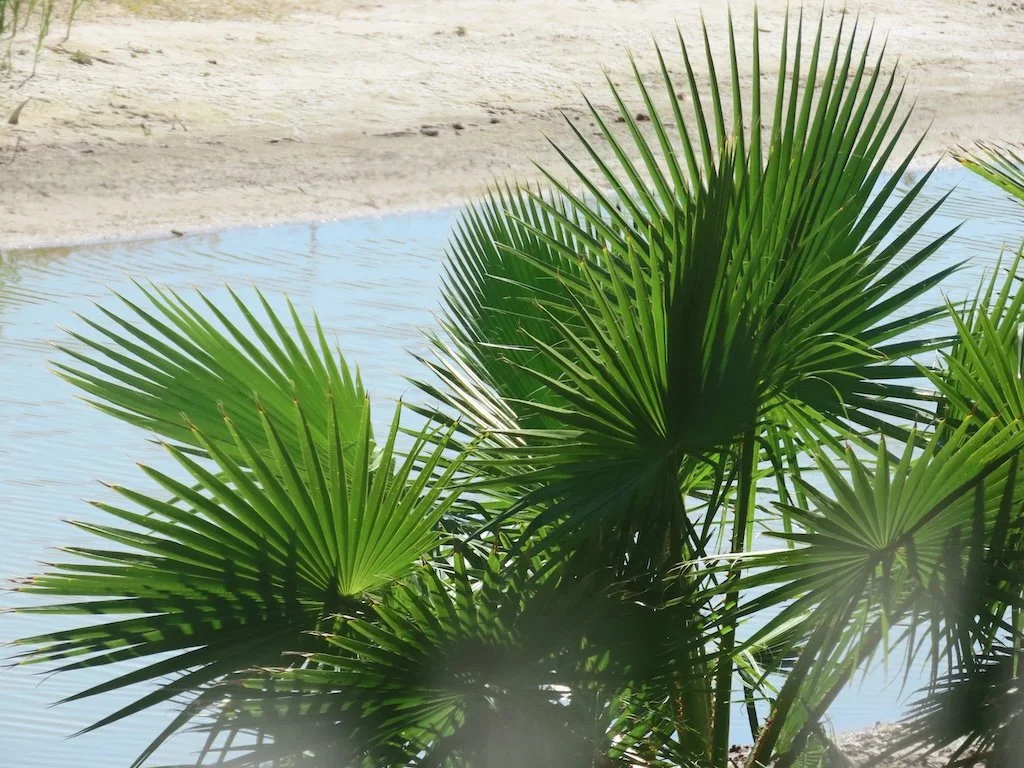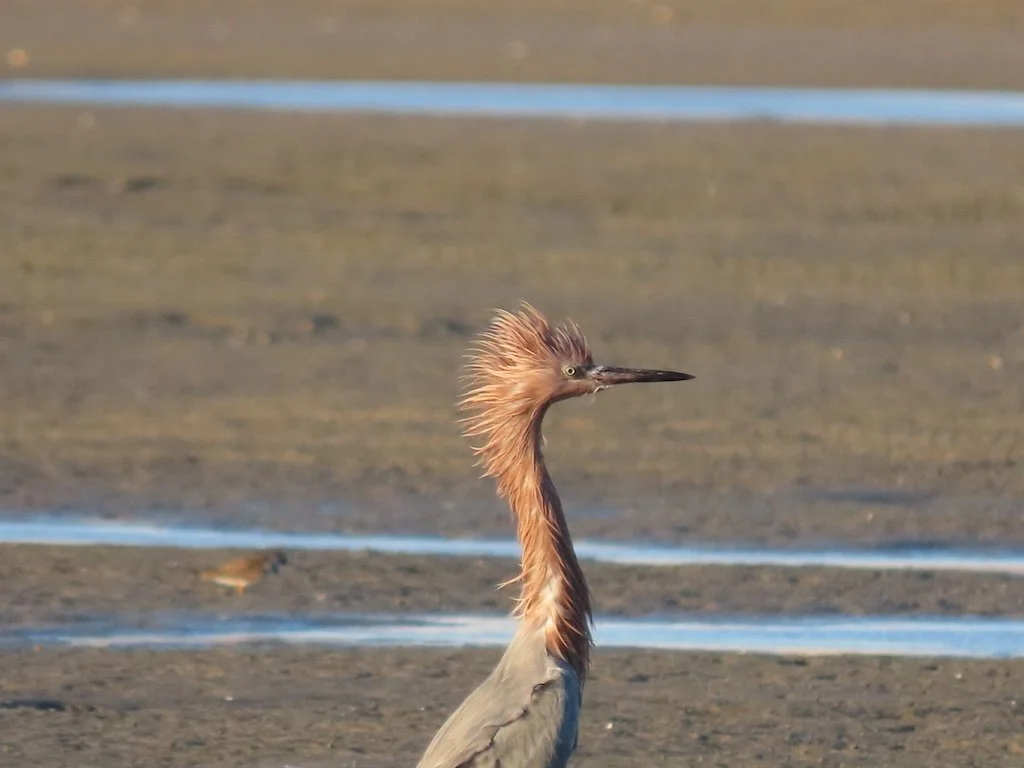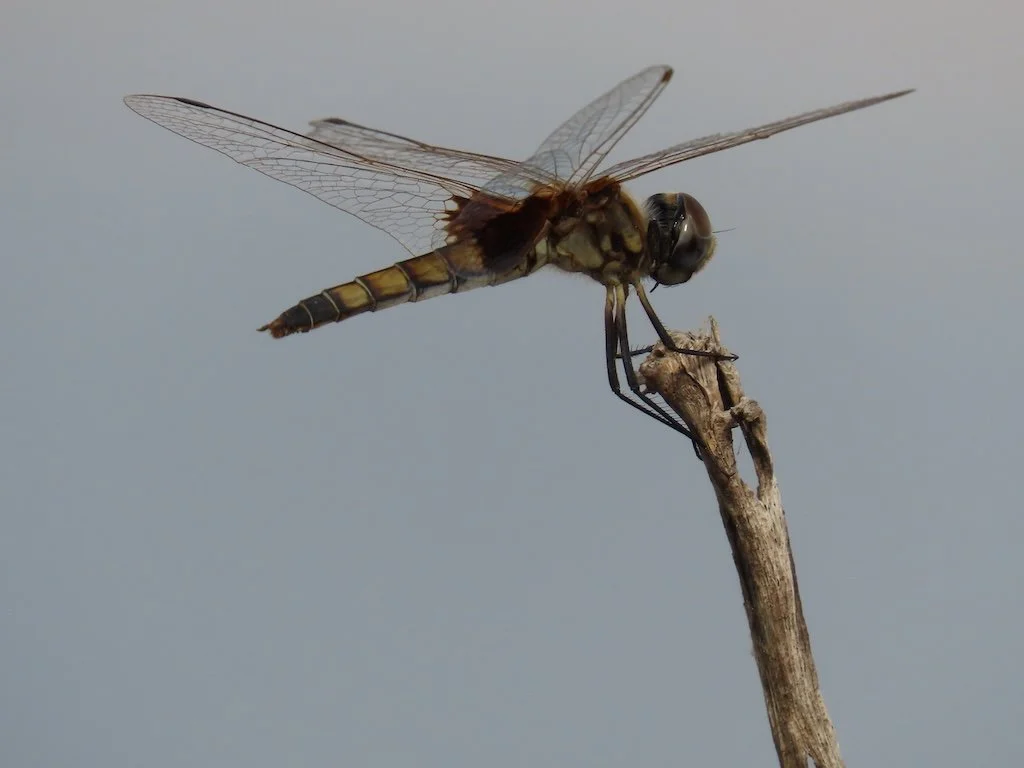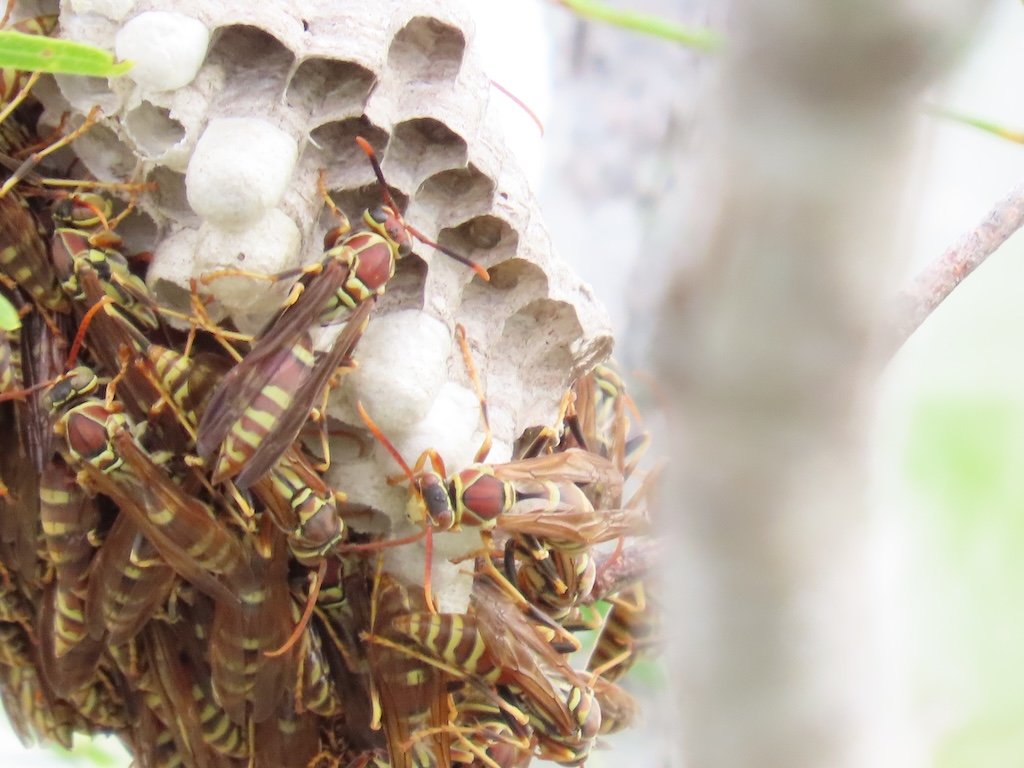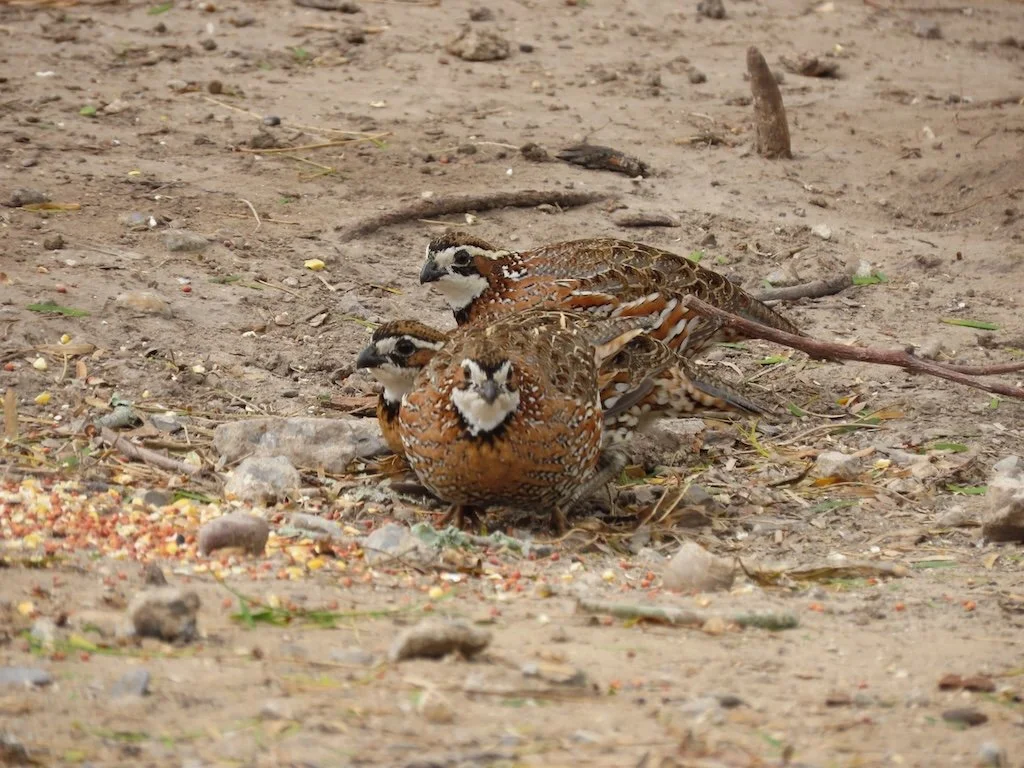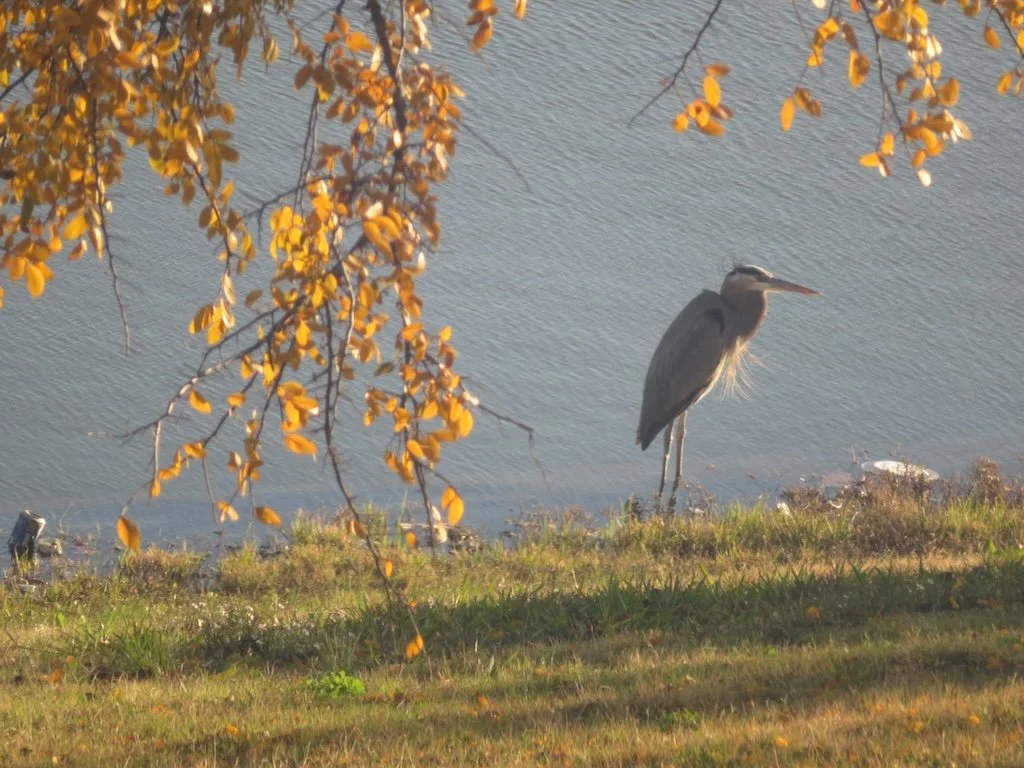Gleanings of the Week Ending August 30, 2014
/The items below were ‘the cream’ of the articles and websites I found this past week. Click on the light green text to look at the article.
Higher Ed’s New Normal - An infographic comparing higher education in the 1980s and today. More students have a part-time academic schedule…but getting the degree means even more when it comes to earnings (in the 1980s, students with a BA earned 40% more than HS grads…now it is 75% more).
Are you as old as what you eat? Researchers learn how to rejuvenate aging immune cells - It was a little frustrating to read a lot about drug development to enhance immunity during aging….but the article was redeemed by the last sentence: “Another possibility is that dietary instead of drug intervention could be used to enhance immunity since metabolism and senescence are two sides of the same coin.” Hopefully there will be research along the dietary line. It seems reasonable that our nutritional needs may shift as we get older….and that adjusting our eating habits would help prolong our health.
 Photography in the National Parks: Same Park, Same Scene, Different Seasons, Different Times - I paused when I saw the first pictures in this article of the La Sal Mountains - remembering my vacation to the area last fall (and my favorite picture from the drive through the mountains). Then I started thinking about what area I wanted to photograph at different seasons and decided on a project to photograph the forest behind my house once a week throughout the rest of the year. If it goes well, I’ll continue into the spring.
Photography in the National Parks: Same Park, Same Scene, Different Seasons, Different Times - I paused when I saw the first pictures in this article of the La Sal Mountains - remembering my vacation to the area last fall (and my favorite picture from the drive through the mountains). Then I started thinking about what area I wanted to photograph at different seasons and decided on a project to photograph the forest behind my house once a week throughout the rest of the year. If it goes well, I’ll continue into the spring.
An inconvenient truth: Does responsible consumption benefit corporations more than society? - I’m paying more attention to this type of research after the Globalization course I’ve just finished on Coursera. It is very difficult to be a responsible consumer when products are not available to be a responsible consumer (for example - is anyone in the developed world able to recycle 100% of their food packaging? I would like to and I doubt I am the only consumer with that desire…but it isn’t possible in my area of the US.). There are probably a lot of examples where markets are not self-correcting based on consumer desires.
The Chemical Compositions of Insect Venoms - Bees, wasps, hornets and ants….an infographic and some text that explains.
Image of the Day: Colossal Cacti - Prickly pear cacti grow very differently in the Galapagos….to get their pads out of the reach of giant tortoises.
Anesthesia professionals not sufficiently aware of risks of postoperative cognitive side effects - The postoperative cognitive side effects more frequently happen in elderly and fragile patients. Since there are more and more elderly patients, hopefully the issue will become better understood and avoided.
Unequal demands on women for university service harm careers - There are still so few women in tenured positions that the ones that are asked to serve on 50% more committees than men faculty…and all those committees take time.
A Virtual Tour of Lassen Volcanic National Park - A 3.5 minute video to get a feel for the place.
Hidden Obstacles for Google’s Self-Driving Cars - I still hope the self-driving cars become available by 2020 or shortly thereafter so I can turn the driving over the car by the time I am 70!


